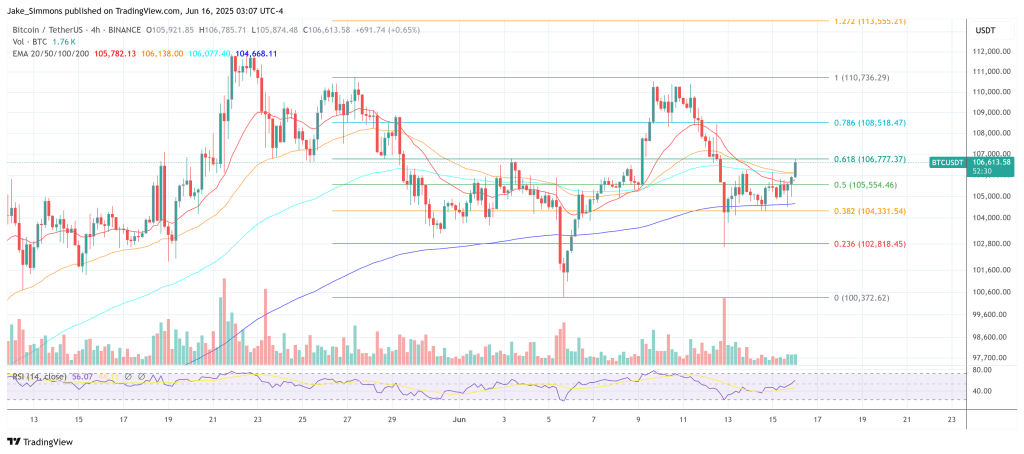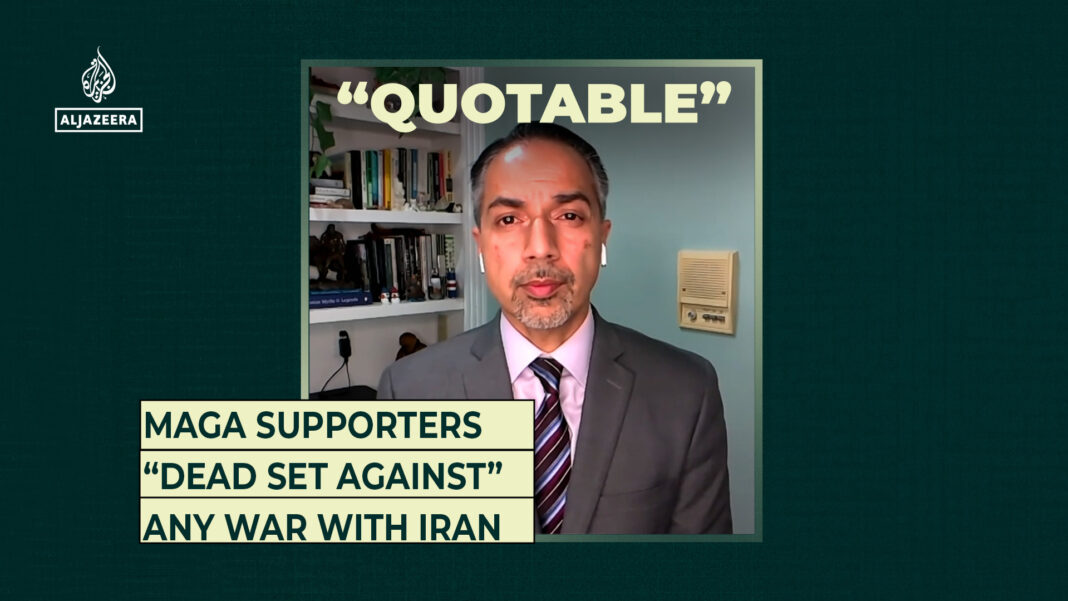Pakistan’s sprint toward a state-level Bitcoin strategy has drawn an influential new ally. On Sunday, June 15, entrepreneur-turned-Bitcoin evangelist Michael Saylor held a video meeting with Finance Minister Muhammad Aurangzeb and Minister of State for Blockchain and Crypto Bilal Bin Saqib to explore how the world’s oldest cryptocurrency could sit inside the country’s sovereign reserves. The Finance Ministry described the conversation as a “milestone” in Pakistan’s digital-assets agenda, and Saylor, whose firm Strategy holds the world’s largest corporate Bitcoin treasury, offered to continue “in an advisory capacity.”
Michael Saylor Joins Pakistan’s Bitcoin Pivot
According to the press note seen by local media Dawn, discussion centred on whether Bitcoin can underpin monetary resilience in an economy that has long relied on dollar liquidity and IMF balance-of-payments support. Saylor, credited with turning a mid-tier software vendor into a $100-billion market-cap vehicle for Bitcoin exposure, framed the asset as “the strongest instrument for long-term national resilience.” He argued that Pakistan can seize a “once-in-a-generation opportunity to leapfrog into the future of finance,” echoing his thesis that digital scarcity is an antidote to fiat debasement.
The video feed, later posted to X by Finance-Ministry media chief Hamid Raza Wattoo and widely circulated by crypto outlets, captured Saylor linking capital flows to reputational credibility. “The most important thing is leadership — intellectual leadership — and that they trust you,” he told Aurangzeb and Saqib. “If the world trusts you and they hear your words … the capital and the capability will flow to Pakistan. It’s there; it wants to find a home.” He closed by saying, “I look forward to working with you.”
Aurangzeb, who heads the newly created Pakistan Crypto Council (PCC), responded that Islamabad “aspires to lead the Global South in the development and adoption of digital assets, setting a benchmark for innovation, regulation and inclusive growth.” Saqib called Saylor’s trajectory proof that Bitcoin now carries “sovereign-grade” status. “If private individuals can build that in the US, why can’t Pakistan, as a nation, do the same? We have the talent, the story, and the energy,” he said.
Saylor’s credibility in the role is anchored in Strategy’s 582,000-Bitcoin cache, currently valued at roughly $61 billion, amassed through successive equity and debt offerings since 2020. His endorsement comes as Pakistan tries to codify rules for custody, mining and taxation. The PCC, launched in March, has already formed a technical committee for a draft Digital-Assets Act and is coordinating with the State Bank of Pakistan, the Securities and Exchange Commission and the Financial Action Task Force. Parallel legislation would create the Pakistan Virtual Assets Regulatory Authority (PVARA) as an umbrella watchdog.
Yet the legal landscape is still contested. Only two weeks ago, senior State Bank officials reminded lawmakers that “cryptocurrency remains banned” under existing directives and that enforcement cases are being forwarded to law-enforcement agencies. The juxtaposition of an official Bitcoin reserve with a de jure ban has produced what Dawn characterised as a “policy in disarray.”
Pakistan’s political leadership has nevertheless accelerated operational plans. In late May Saqib unveiled a state-managed Bitcoin cold wallet at the Bitcoin 2025 conference in Las Vegas and secured Cabinet approval to dedicate 2,000 megawatts of surplus power for Bitcoin mining and AI data-centre workloads. The capital-hungry energy policy is seen in Islamabad as a way to monetise excess generation capacity while building a strategic stockpile of BTC that could, in theory, diversify external reserves currently dominated by dollars and gold.
Saylor’s expected advisory remit has not yet been formalised, and neither side disclosed whether Strategy would take a commercial stake. But the meeting underscores Pakistan’s intent to import not just technology but also intellectual capital. Saqib, fresh from a US roadshow that included talks with New York City Mayor Eric Adams and the New York Crypto Council, noted that “Pakistan is establishing itself as a key player in the global cryptocurrency economy and setting trends rather than following them.”
For now, the largest obstacle remains regulatory coherence. A sovereign Bitcoin reserve, ministerial advocacy and Saylor’s star power have vaulted Pakistan into the global spotlight, but a statutory framework acceptable to both domestic regulators and the IMF will determine whether the country can convert momentum into durable policy.
At press time, BTC traded at $106,613.

Featured image created with DALL.E, chart from TradingView.com

Editorial Process for bitcoinist is centered on delivering thoroughly researched, accurate, and unbiased content. We uphold strict sourcing standards, and each page undergoes diligent review by our team of top technology experts and seasoned editors. This process ensures the integrity, relevance, and value of our content for our readers.


